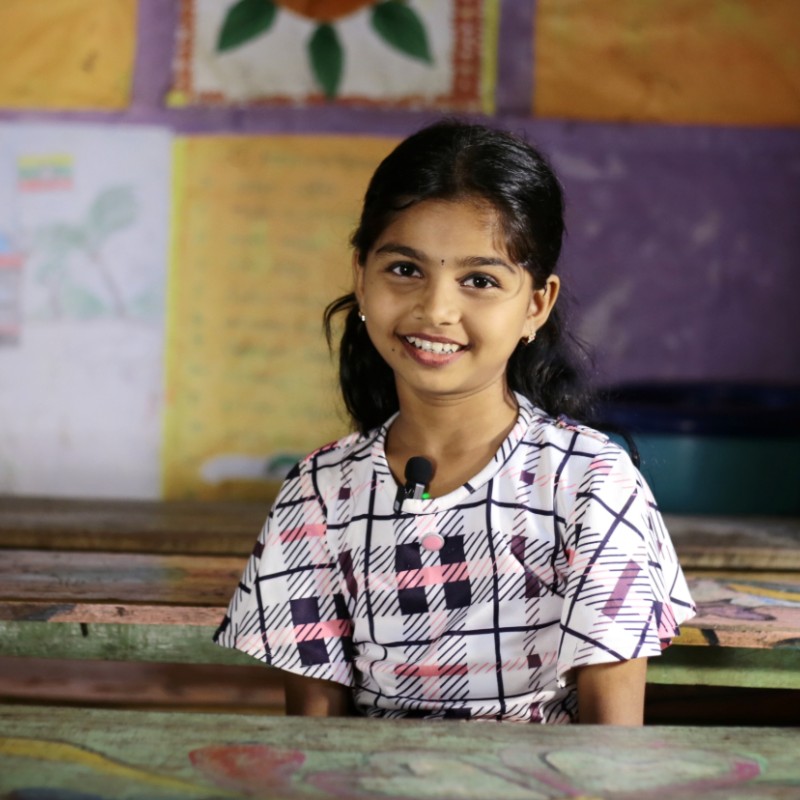


Latest post
Thanks to the incredible generosity of BBC Radio 4 listeners, we have raised over £50,000 for Rohingya refugee children in our 2025 Appeal, narrated by actress Susannah Fielding. These funds are already providing life-changing education for over 6,000 students in refugee classrooms, who are finally able to learn in their own language.
Sign Up
Thank you!
Thanks for subscribing! Welcome to our Community. Keep an eye out for your first email from us.